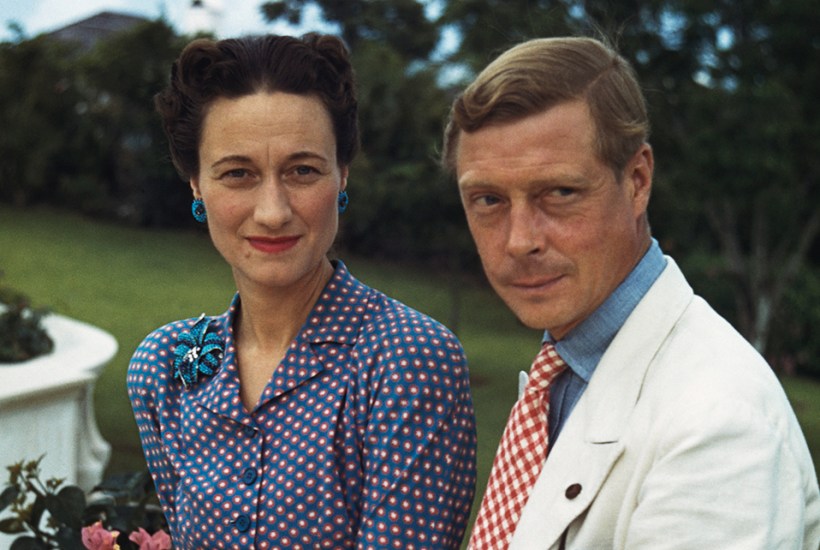Once a King is trumpeted as ‘game-changing’, a ‘trove of never-before-seen papers which shed fresh light on the maligned Duke of Windsor’ and will ‘turn on its head long-accepted stereotypes’ about him. These are bold claims, but do they stack up?
‘The lost memoir of Edward Vlll’ actually consists of an early draft of the Duke of Windsor’s self-serving memoir, A King’s Story (1951), which Jane Marguerite Tippett found in the papers of the former king’s ghostwriter Charles Murphy in the Boston University archives.
Already a subscriber? Log in
Subscribe for just $2 a week
Try a month of The Spectator Australia absolutely free and without commitment. Not only that but – if you choose to continue – you’ll pay just $2 a week for your first year.
- Unlimited access to spectator.com.au and app
- The weekly edition on the Spectator Australia app
- Spectator podcasts and newsletters
- Full access to spectator.co.uk
Unlock this article
You might disagree with half of it, but you’ll enjoy reading all of it. Try your first month for free, then just $2 a week for the remainder of your first year.








Comments
Don't miss out
Join the conversation with other Spectator Australia readers. Subscribe to leave a comment.
SUBSCRIBEAlready a subscriber? Log in